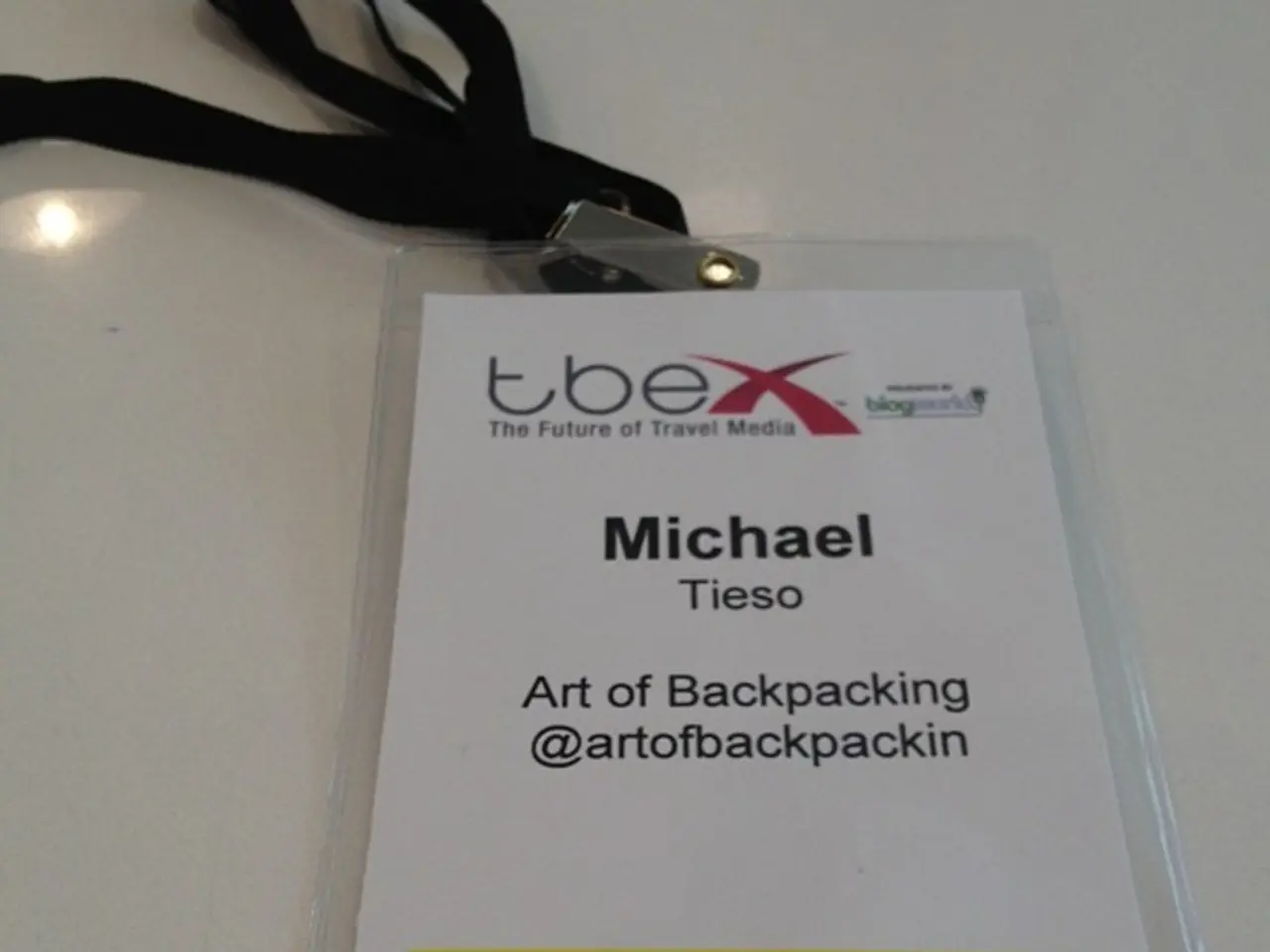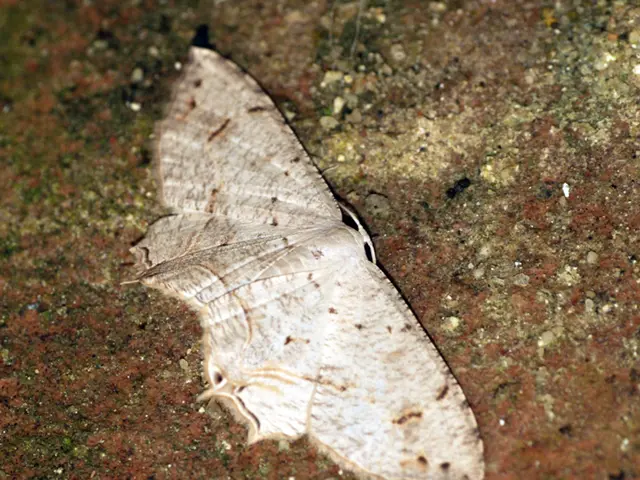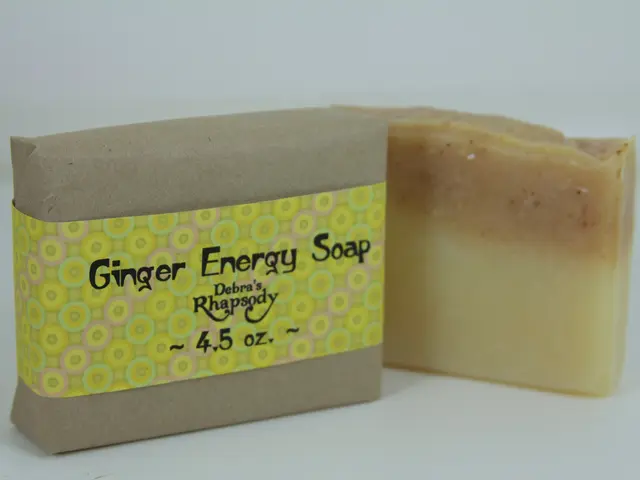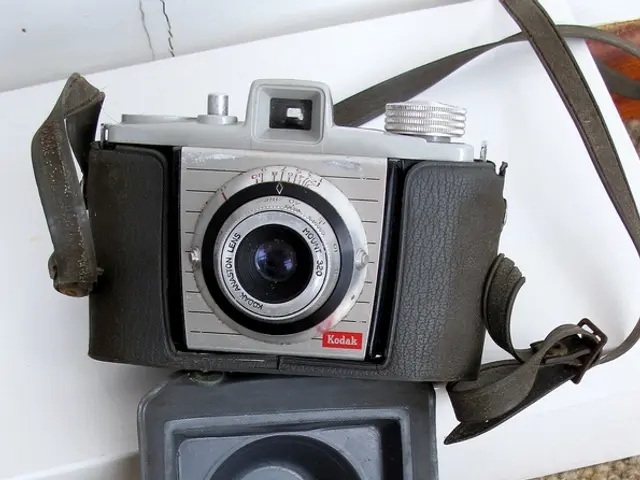Identifying and Avoiding NFT Scams in 2025: A Guide to Staying Safe in the Digital Art Market
In the rapidly growing world of Non-Fungible Tokens (NFTs), it's essential to stay vigilant against the increasing prevalence of scams. Here's a guide to help you navigate the NFT market safely and securely.
Buying from verified artists on marketplaces like Foundation, SuperRare, and KnownOrigin, and doing a reverse image search can help ensure the authenticity of an NFT. However, scammers are constantly evolving their tactics, with phishing being a common method. These scammers impersonate organizations to steal sensitive information, so always be wary of suspicious emails or messages.
Phishing isn't the only threat. Discord hacks are on the rise, with fraudsters hacking bots to post malicious links. It's crucial to double-check the URL of NFT websites and dApps to ensure authenticity. A common NFT scam involves fake websites, even a simple typo in a URL could lead to a bogus site.
Another concern is art forgeries, with several renowned artists like Beeple, Pak, and Derek Laufman having their works stolen and sold as NFTs. Always be extra cautious every time you plan to mint any NFT and take extra precautions such as using two-factor authentication for your accounts and a password manager.
A seed phrase is a list of words generated by a crypto wallet to give access to the wallet. Never share your seed phrase with anyone, and store it securely offline. Using a cold wallet to store your assets offline can make them more secure.
One of the most devastating scams is a rugpull, where an NFT creator fails to deliver on a project and absconds with all the money. Around 43.8% of respondents claimed to have purchased an NFT that eventually disappeared in a rugpull. Be cautious of projects with no clear roadmap or team information.
Scam NFTs may not have any description or property. If a project's allowlist process requires you to bookmark a URL in your browser and sign in to your Discord using the same browser, it is most definitely a scam.
Lastly, never interact with unknown contracts or NFTs sent to your wallet to protect your assets. The NFT market generated over $23 billion in trading volume in 2021, making it a hot spot for various industries. However, with great opportunity comes great risk. By staying informed and vigilant, you can safely enjoy the benefits of the NFT market.
Unfortunately, not everyone has been able to avoid the risks. Recently, Waka Flocka Flame lost $19,000 in an NFT scam, and Stazie, the co-founder of the play-to-earn game, Hedgie, lost nearly a million worth of digital assets in an NFT phishing scam.
In conclusion, the NFT market is here to stay, and with the right precautions, it can be a lucrative and exciting space. Always do your research, double-check URLs, and never share your seed phrase. By following these guidelines, you can protect your assets and enjoy the benefits of the NFT market.
Read also:
- Amazon customer duped over Nvidia RTX 5070 Ti purchase: shipped item replaced with suspicious white powder; PC hardware fan deceived, discovers salt instead of GPU core days after receiving defective RTX 5090.
- Cyber aggression intensifies by China-backed TA415 group, targeting Taiwan's semiconductor production and supply networks
- Malicious applications with 38 million installs on Google Play have been removed; here's what you can do to ensure your device's security.
- Business Woes Unveiled: The Sticky Situation of PCI Compliance Revealed as a Valuable Ally for Your Enterprise







